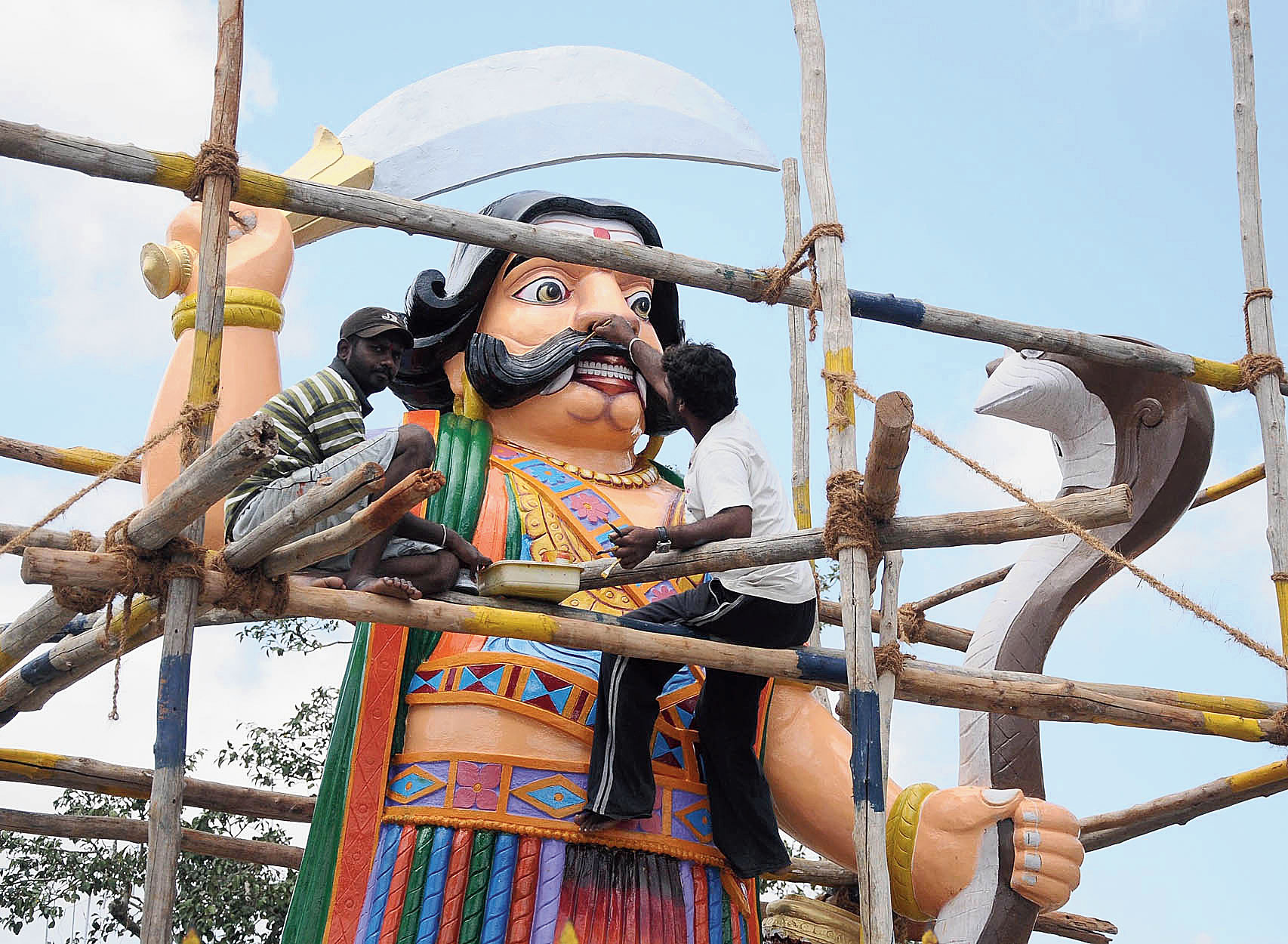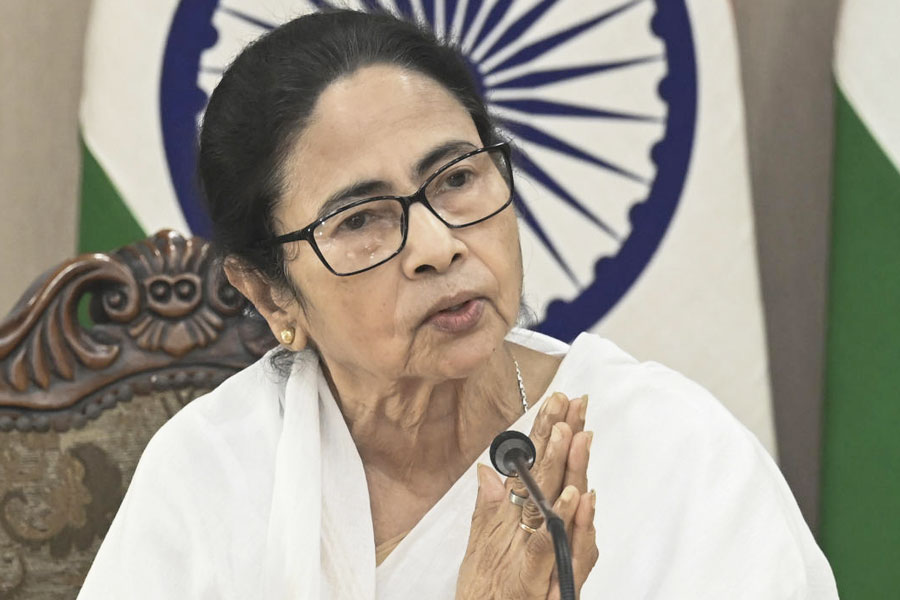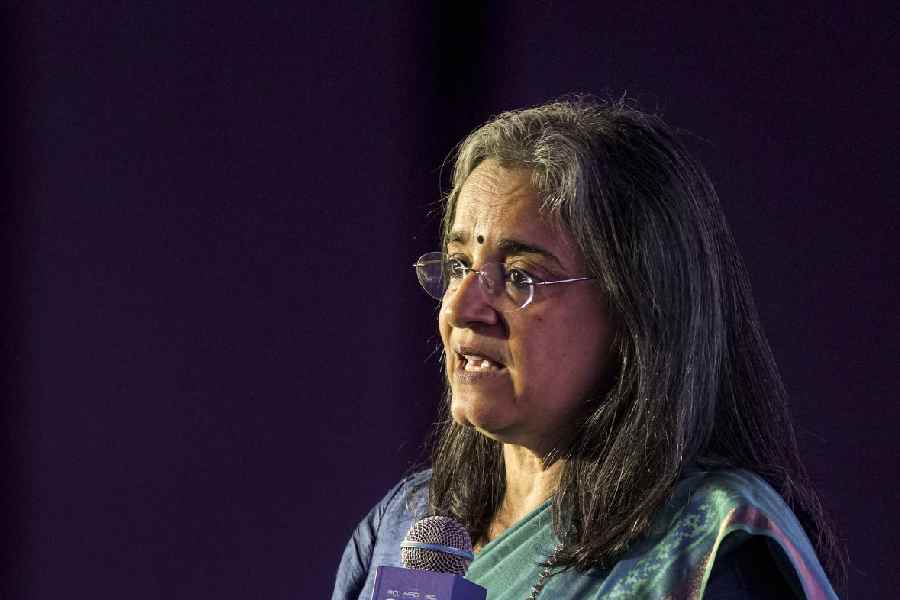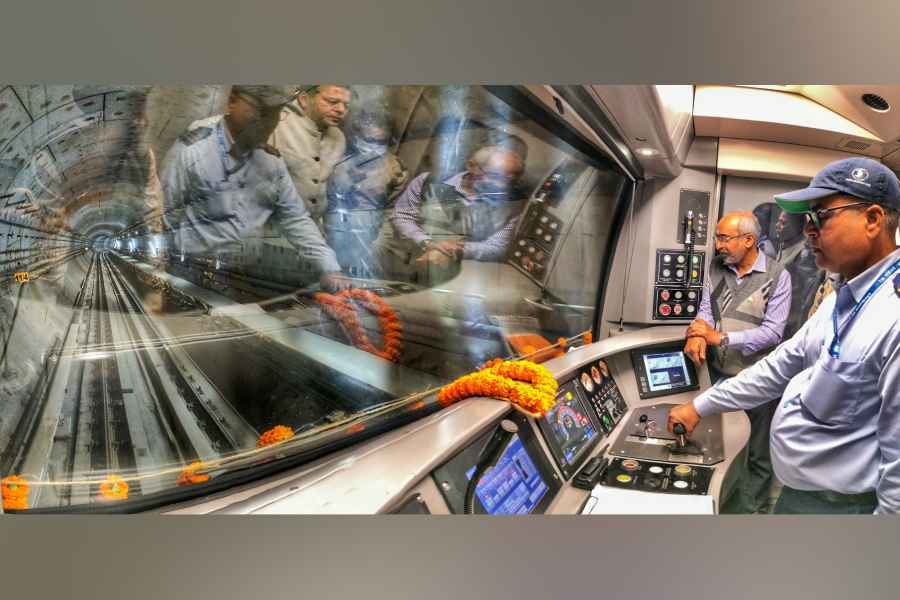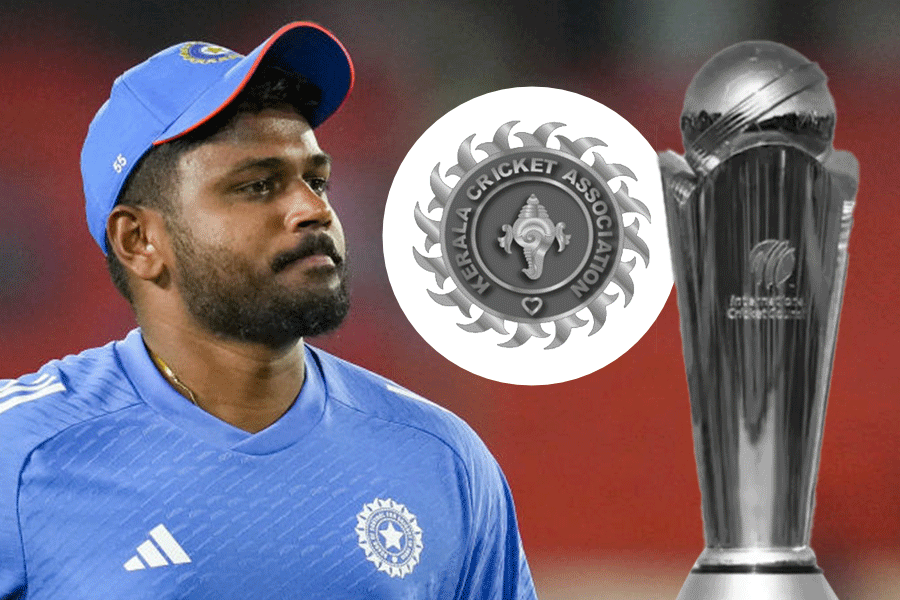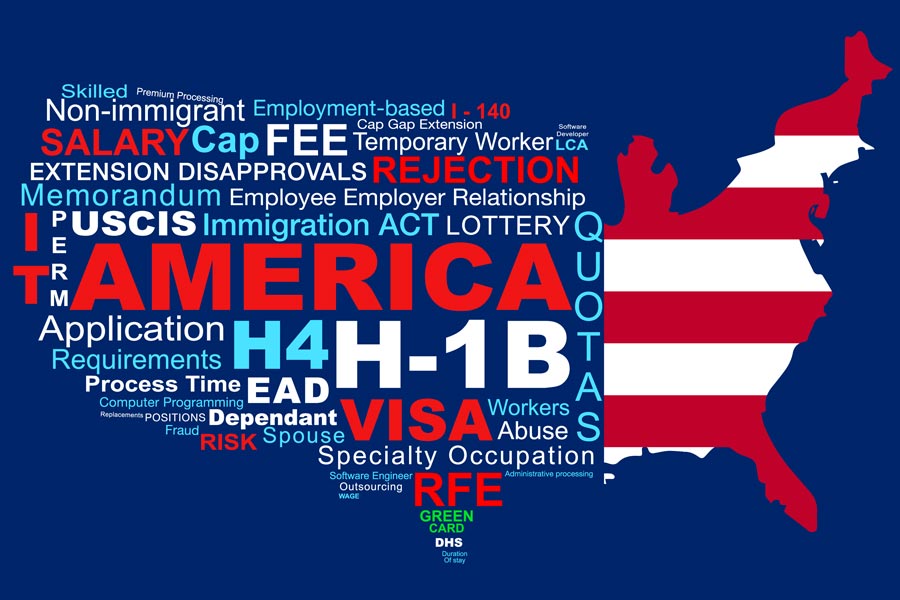A group of progressive writers and Dalit activists was forced to change the venue for Mahisha Dasara, an annual event in honour of Mahishasura, with an MP from the ruling BJP tearing into the organisers as “those born to Mahishasura (the) demon”.
Eminent writer K.S. Bhagawan was among the organisers of the event in Mysore, a city apparently named after Mahishasura, on Friday. But the district administration clamped prohibitory orders to prevent the would-be participants gathering at Mysore Town Hall.
The venue had to be shifted at the last minute to a largely Dalit enclave in Ashokapuram, Mysore, where the programme was held with the cooperation of local people. The original plan was to gather at the Town Hall and march to the Mahishasura statue on Chamundi Hills.
The organisers accused the BJP government and Mysore MP Pratap Simha of violating their fundamental rights.
While Dasara is the mainstream event that commemorates Goddess Chamundi slaying “demon” king Mahishasura, some Dalit and progressive groups believe that “Mahisha” was actually a Buddhist monk who deserves to be celebrated.
“We celebrated Mahisha Dasara peacefully for the past six years when the Congress and later its coalition ruled the state. But everything changed after the BJP returned to power,” said Mahesh Chandra Guru, a professor at the University of Mysore and one of the organisers.
“We were so disappointed that our peaceful event was not allowed at its original venue,” he told The Telegraph on Saturday.
The organisers had built four “rathas”, or decorated chariots, naming them after the Buddha, Bhimrao Ambedkar, Emperor Ashoka and Mahishasura.
Simha, a vocal opponent of the Mahisha Dasara, objected to its observance at a public place. “Those who are born to Mahishasura, who is a demon, can celebrate Mahisha Dasara at their homes,” he told reporters when asked why the venue had to be changed.
Mysore deputy commissioner Abhiram G. Shankar told reporters he was merely following orders. He added that “local people had objected to the event”.
Union minister Smriti Irani, who then held the human resource development portfolio, had kicked up a row in 2017 by objecting to JNU students marking “Mahishasura Martyrdom Day” on the campus.
A large group of Dalit scholars in Karnataka had started an awareness campaign on Mahishasura, highlighting that a big city like Mysore had been named after him.
Bhagawan told this newspaper he intended to participate in the Mahisha Dasara event on Friday but did not get police clearance.
Bhagawan has been living under tight police security since receiving death threats from parivar activists, with his movements tightly controlled by his armed bodyguards.
“I condemn the manner in which a peaceful event was not allowed to take place at the town hall. The BJP is working against historical facts, rationalism, scientific temper, humanism and reform,” he said.
Bhagawan objected to Mahisha being called an “asura” or demon.
“Mahisha was no rakshasa (demon), he was a Buddhist monk. It’s the Vedic religion that dubbed all indigenous kings and philosophers as demons,” he said.
Bhagawan offered an alternative definition of “asura”, a suffix attached to many a demonic character in Hindu mythology.
‘“Sura’ means liquor and ‘asura’ means those who don’t drink liquor. But the Vedic religion changed the meaning of the word to connote a demon,” said Bhagawan, known for criticising regressive practices in the name of religion.
In January this year, he had raised the hackles of Hindu hawks with his Kannada book Rama Mandira Yeke Beda (Why Ram Temple is Not Needed), in which Ram was described as a man with “weaknesses”.

